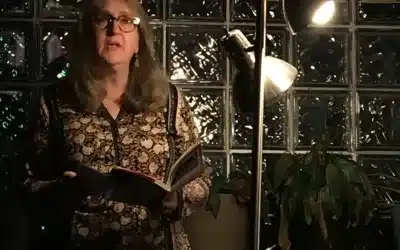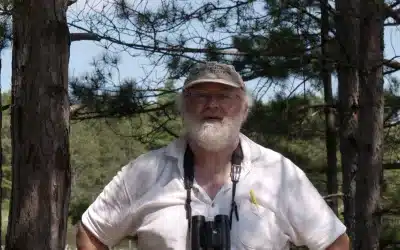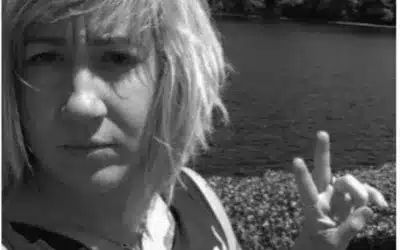Elinor Nauen’s books include Now That I Know Where I’m Going, Snowbound, My Marriage A to Z: A big-city romance, So Late into the Night, CARS & Other Poems, American Guys (published by Hanging Loose Press), and, as editor, Ladies, Start Your Engines: Women writers on cars & the road (Faber & Faber, 1997) and Diamonds Are a Girl’s Best Friend: Women writers on baseball (Faber & Faber, 1994). Her work has appeared in New American Writing, FICTION, Exquisite Corpse, The World, KOFF, Elysian Fields Quarterly, Aethlon, Up Late: American Poetry Since 1970, National Endowment for the Humanities Magazine, American Book Review, Café Review and other magazines and anthologies. Nauen has been a teacher/guest lecturer in writing workshops and classes in colleges, secondary and primary schools, and adult workshops at the Pingry School, Martinsville, NJ, where she was the visiting poet for several years; Washington State University, University of South Dakota, Columbia University Graduate Journalism School, School of Visual Arts, and elsewhere. She is a member of PEN American Center and was on the board of directors of The Poetry Project for 22 years. She was born and raised in South Dakota and currently lives in New York City.
Catching Up With Carole Bernstein
Carole Bernstein is the author of two poetry collections from Hanging Loose Press: Buried Alive: A To-Do List, and Familiar, which J. D. McClatchy called “an exhilarating book.” She is also the author of And Stepped Away From the Circle (Sow’s Ear Press), winner of the Sow’s Ear Chapbook Competition.





